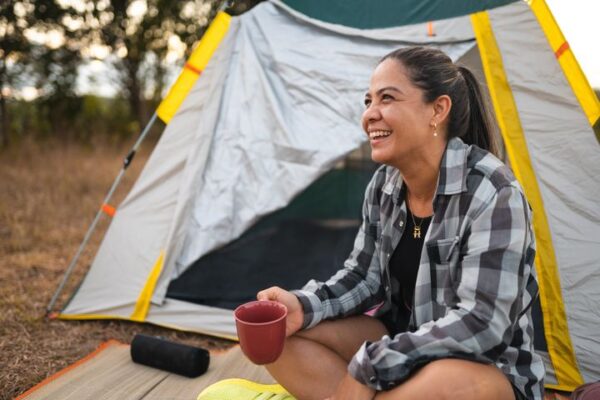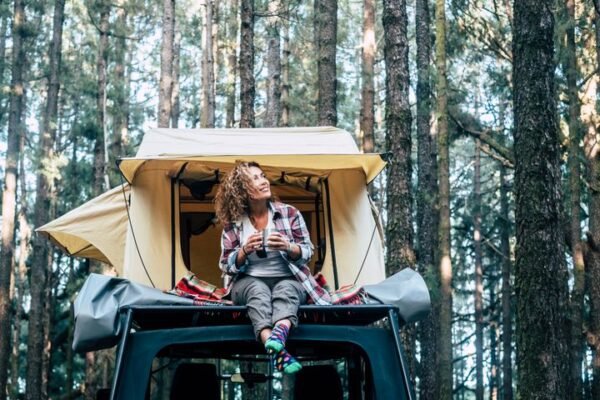
What You Need as a First Time Camper

Camping is an incredibly rewarding experience, but it is not something you can rush into without preparing. Between planning the trip itself and getting hold of all the gear you might need, it can take a while to fully start off as a brand-new camper.
Equipment, in particular, is always something that can throw off a first-time camping trip. But what exactly do you need to buy for your first camping trip, especially if you are starting from scratch and have zero previous experience?
1. Get The Essentials
There are some essentials for camping that are mostly common sense: tents, sleeping bags, warm coats, food, water, cooking gear, and a first aid kit are all essential. These items can be found at most outdoor stores and do not necessarily need to be anything too fancy initially, so you do not need to break the bank when shopping for them.
It is important to tailor your equipment selection to the type of camping you will be doing. For instance, if you are going for a weekend-long camping trip in a comfortable campground, you will not need the same equipment as somebody hiking up a mountainside camping in stronger weather conditions. If you are planning on going hiking, then a PVS-14 Parts Kit might be highly beneficial, especially if you are planning on watching wildlife at night and need clearer vision. You have to decide your experience – the adventurer or the relaxer.
2. Bringing Extra Tools
Camping is not just about your shelter but the tools you bring. Flashlights and headlamps help if you need to move around late at night, while a multitool and pocketknife will be incredibly useful for a variety of tasks. Fire starters like matches or lighters can also help if you are camping somewhere where campfires are permitted.
If you plan on going somewhere more off-grid, you will also want to have a map and compass with you if you get lost and can’t rely on a phone’s GPS system. On the other hand, if you are glamping or staying at a more relaxed campground, it might be worth bringing a foldable table and/or chairs to make things more comfortable.
3. Bring Extra Food and Water
While you will definitely need to pack enough food and water for your trip, it is also a good idea to bring some extra just in case. This could be pre-packaged snacks or tinned ingredients for cooking your own food, or whatever else you would personally like to have while you are away camping.
A water filter can’t hurt if you worry about running out of fresh water, although many dedicated campsites will have a way to get some more easily (even if you have to pay for it). Even so, think about what you might want to cook with, especially if you have specific dietary requirements or restrictions to consider.

4. Follow A Checklist
Whether you find a pre-made checklist of camping gear or create one yourself, it is important to make sure that you have everything you need before you set off. This often means turning to resources like The Expert Camper or other camping-focused sites since they can be fantastic resources that will help you figure out what else you might be missing.
You do not want to start a camping trip without core pieces of camping gear, so make sure to double-check everything and ensure you have all the essentials before leaving home. The better you prepare, the more comfortable you will be out in the wild.














































